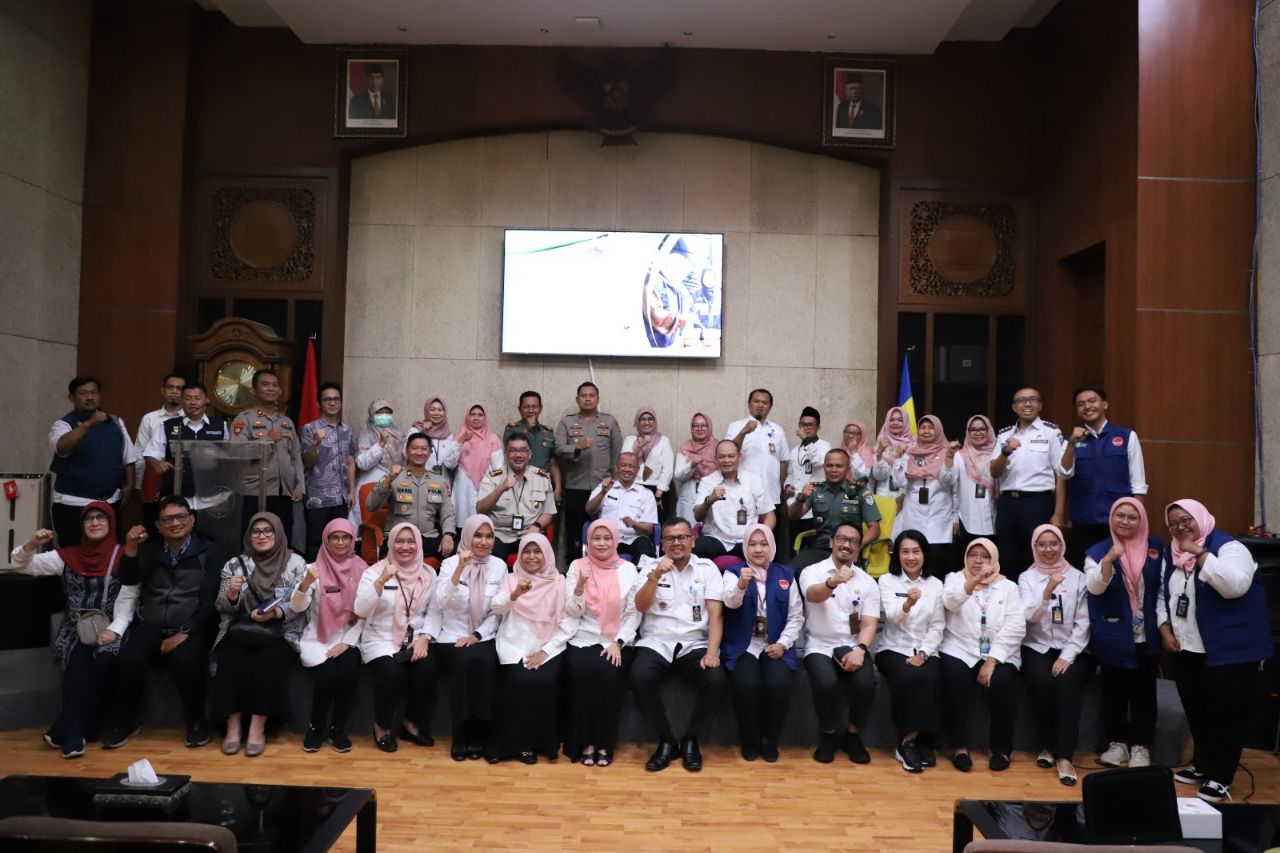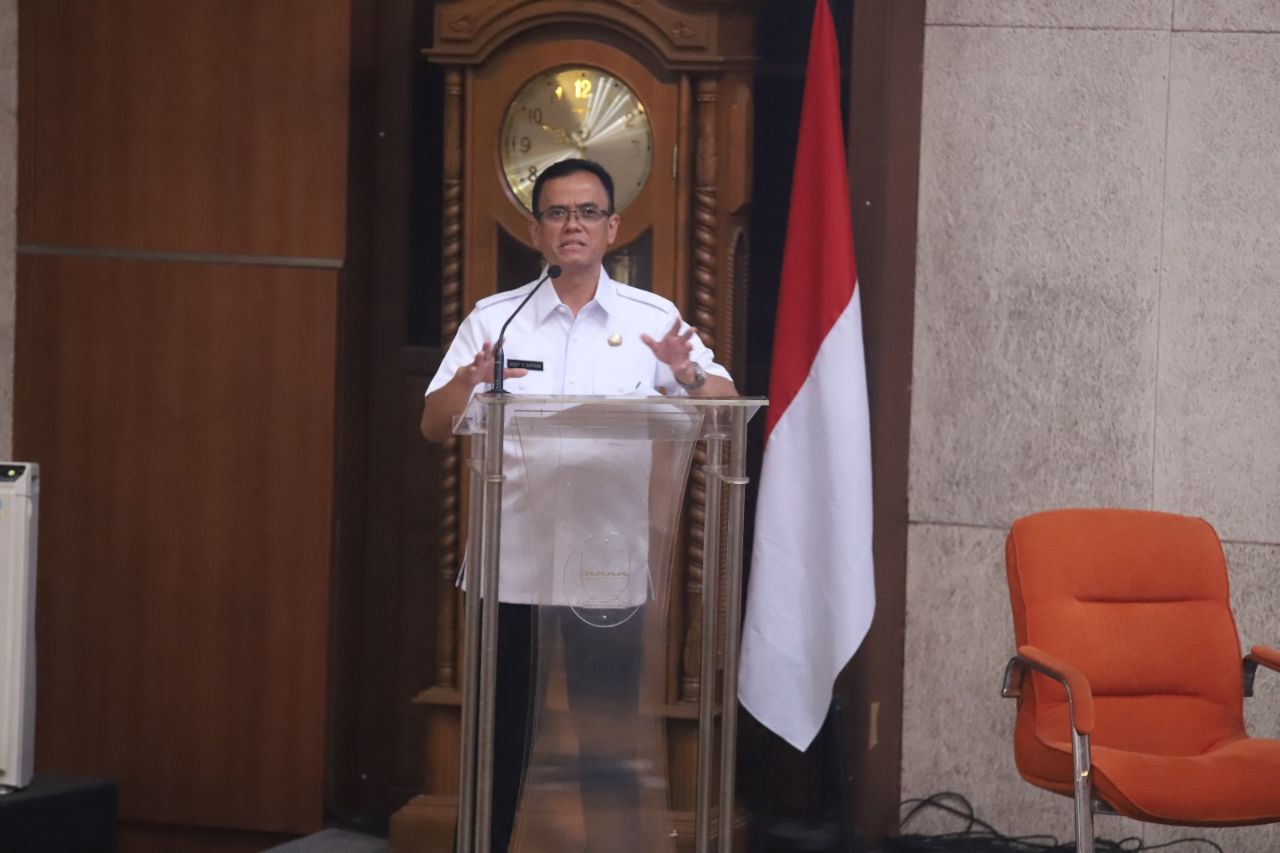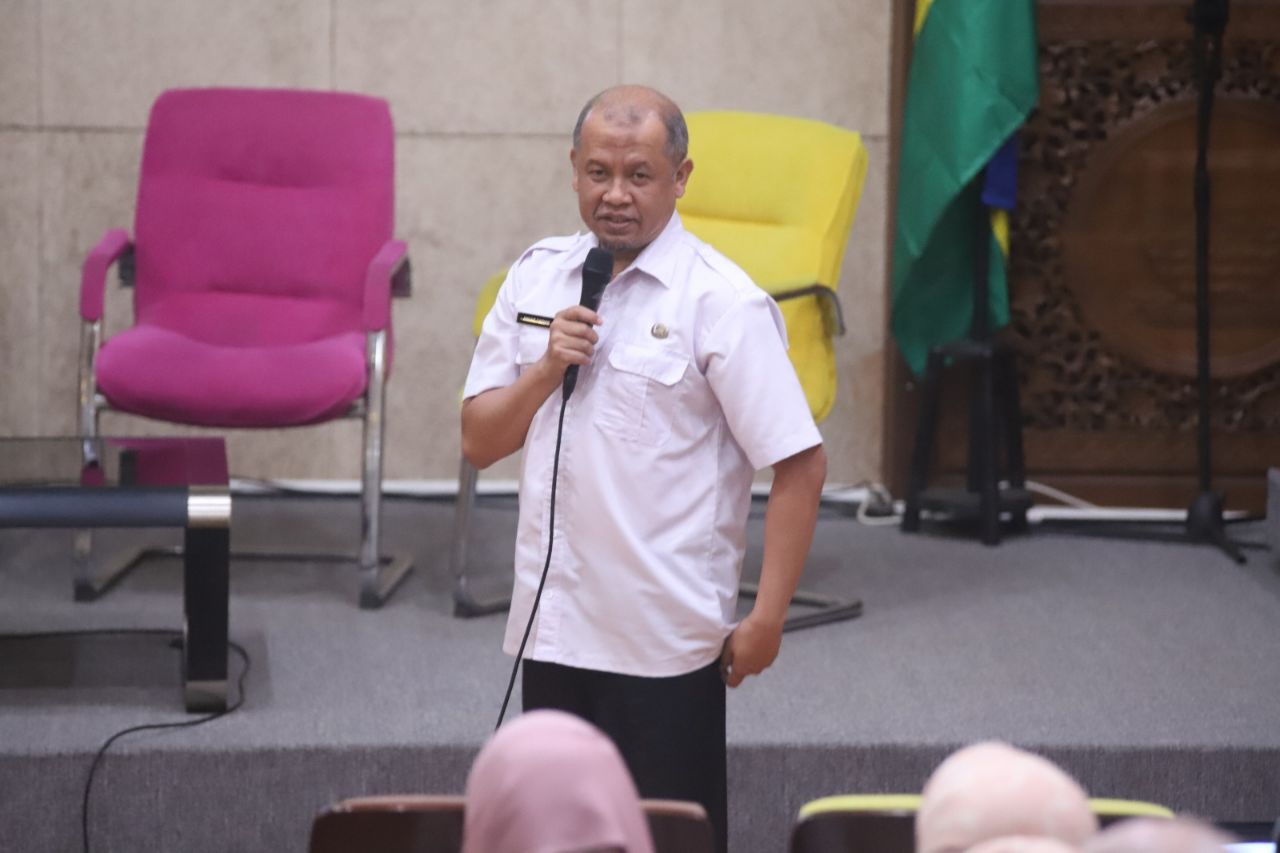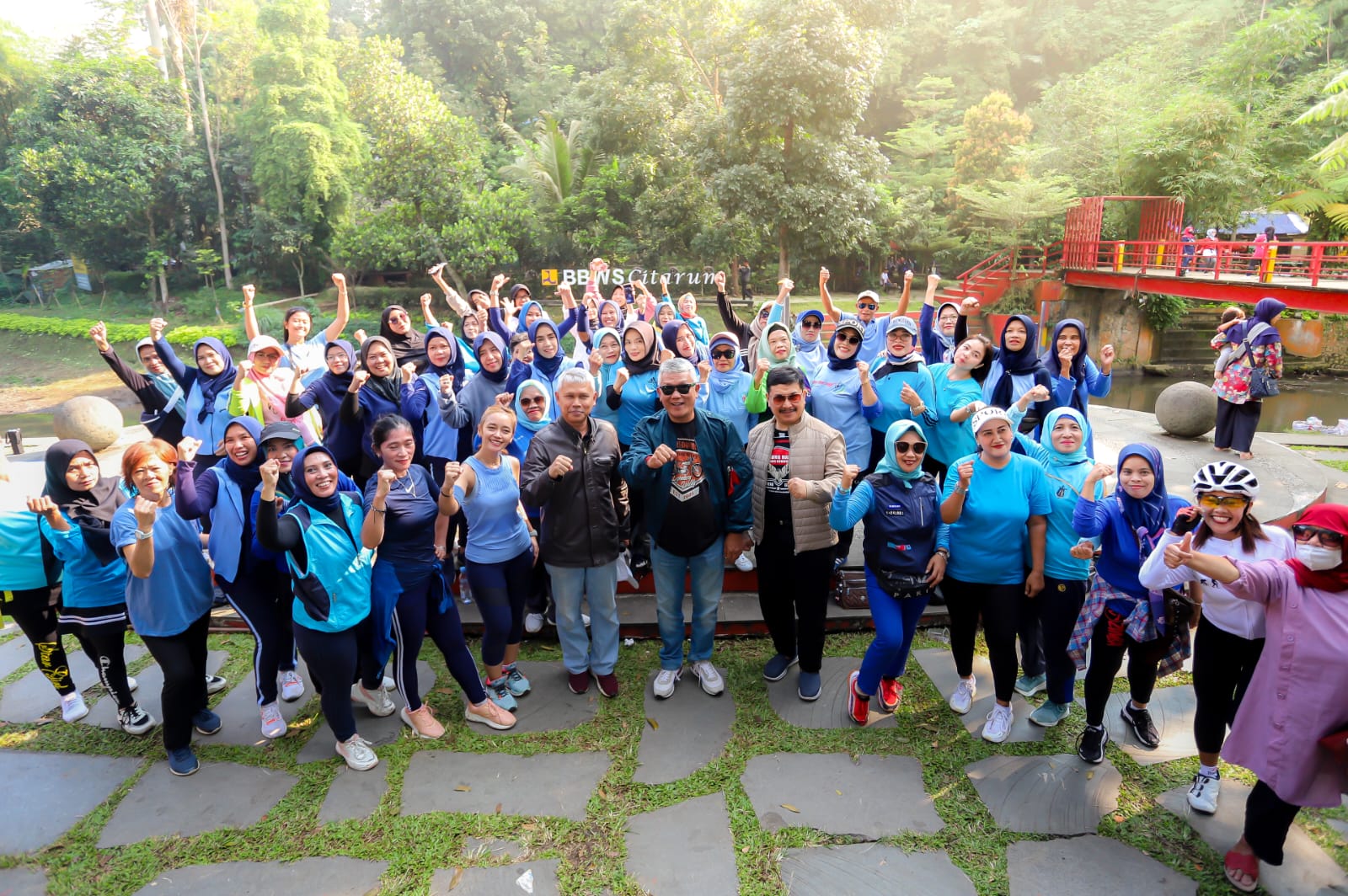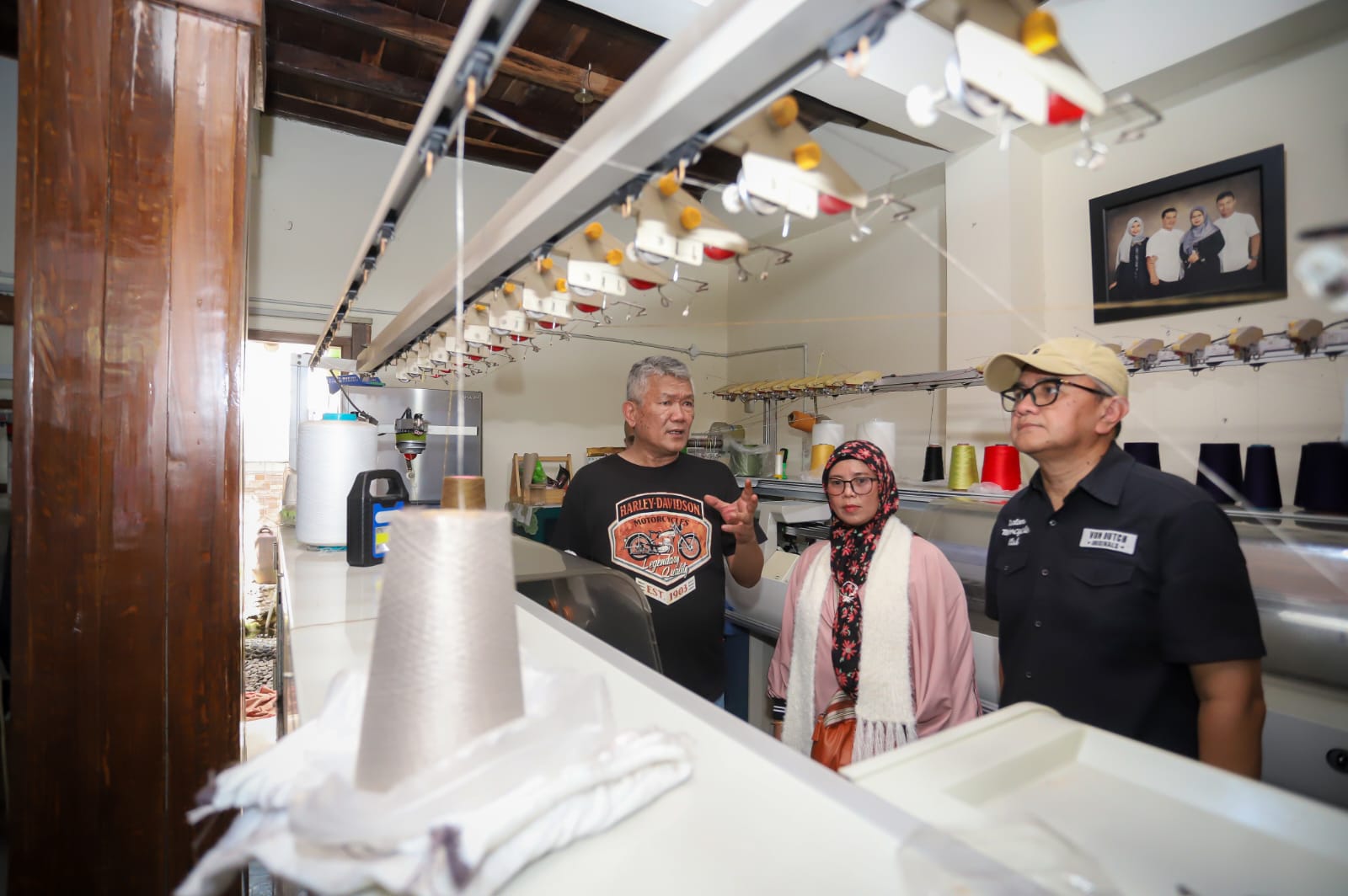In order to control dengue fever, Bandung City Government forms a technical team to control dengue, Wolbachia is the key!
The Bandung City Government (Pemkot) formed a technical team to carry out the implementation of controlling dengue hemorrhagic fever (DBD) using the Wolbachia method
This proactive step by the City Government through the Bandung City Health Service is in order to overcome serious public health challenges. This is also the Bandung City Government's commitment to improving the welfare and health of all Bandung City residents.
The formation of the team is stated in the Decree of the Mayor of Bandung Number 440/Kep.066- Dinkes/2024 concerning the Formation of a Technical Team for Implementing Dengue Control Using the Wolbachia Method in Bandung City and the high number of DHF cases in Bandung City.
This technical team is expected to work effectively and collaboratively to deal with dengue fever problems in Bandung City with an innovative and sustainable approach.
Bandung City Government and People's Welfare Assistant, Asep Gufron, explained that every year dengue fever cases in Bandung City are quite high and must be addressed immediately.
"Every year the city of Bandung is indicated by a high number of dengue fever cases, and we map out the Ujungberung sub-district which has the most," said Asep on the sidelines of a team meeting at Bandung City Hall, Wednesday 20 March 2024.
Therefore, Asep welcomed positively when the Ministry of Health chose Bandung City as one of five cities to implement the Wolbachia Program. Previously, this program had been successful in Yogyakarta.
"We are not being used as guinea pigs. This has been successfully done in Yogyakarta. This program must run in the city of Bandung," he said.
Meanwhile, the Head of the Bandung City Health Service, Anhar Hadian, explained that Wolbachia is not genetic engineering but is a natural bacterium that exists in insects.
"Wolbachia is a natural bacteria that is present in 60 percent of insects such as fruit flies, butterflies, moths and others. However, it doesn't exist in mosquitoes, so this method is needed," he explained.
Anhar also emphasized the research results which stated that Wolbachia bacteria cannot live in the human body or in living creatures other than insects.
"Wolbachia cannot survive outside the body of insects, cannot be transferred to the bodies of humans or livestock so it is not dangerous," he said. (ary)**
Head of the Bandung City Communication and Information Office
Yayan A. Brilyana




